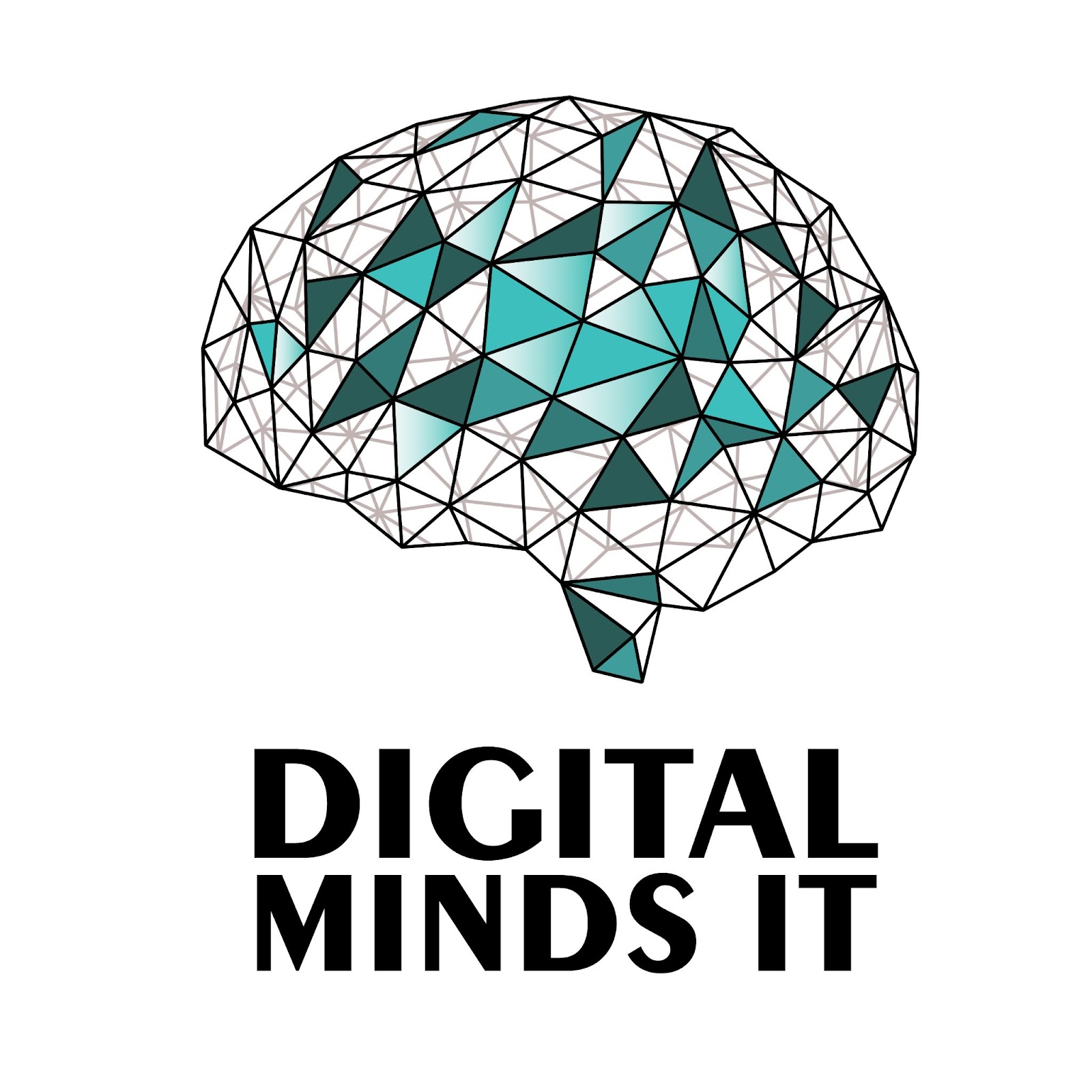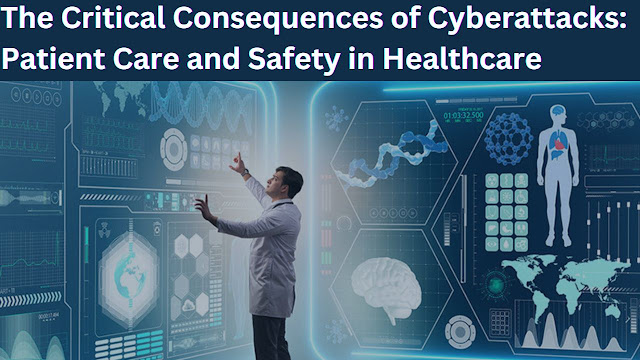In the linked world we live in today, cyber threats are an uncomfortable reality across many industries; however, the healthcare industry is hammered especially hard. Imagine if malicious hackers were able to get access to sensitive patient information or hospital computer systems, severely impacting both the patient's safety and the quality of treatment they received. These terrifying occurrences are unfortunately all too true. The ramifications are significant and will have far-reaching repercussions. They have the potential to throw hospitals into complete disarray, reveal private information about patients, and, worst of all, put patients' lives in danger.
Comprehending the Dangers: How Cyberattacks Affect the Healthcare Industry
The variety of cyberattacks that may negatively impact healthcare is matched only by their destructive potential. When data breaches occur, fraudsters have access to personal health information, which is a veritable gold mine for those who steal information online. This information may subsequently be utilized for a wide variety of criminal activities, such as identity theft or insurance fraud, or it can even be sold to the highest bidder in shady parts of the internet.
However, this is not the end of the danger. Attacks by ransomware pose a more palpable and immediate threat to the safety of patients. These kinds of assaults have the potential to make hospitals and health systems useless by preventing access to patient information or leaving essential medical equipment inoperable. It is a terrible possibility that patients might get wrong therapies or ones that are delayed, which poses a real and immediate risk to their health.
The Domino Effect: How Cyberattacks Raise Havoc in the Healthcare Industry
If a healthcare institution were the victim of a cyberattack, the normal operations of the hospital may grind to a halt completely.
The use of electronic medical records and cutting-edge medical technology are intricately entwined with our healthcare delivery system. If you mess with these systems, you run the risk of delaying treatments or having surgeries canceled outright. The notorious WannaCry ransomware outbreak, which took place in 2017, affected 81 National Health Service trusts in the United Kingdom and caused the postponement of around 19,000 appointments as a direct result of the assault.
In addition to this, the repercussions of a disruption in one healthcare system are felt across the whole industry. Patients who cannot be accommodated at one hospital or clinic must be transferred to others, which places an additional burden on such establishments. The huge impact that this has on the delivery of care has a negative effect on both the effectiveness and the capacity of the healthcare system.
When patients are harmed by cyberattacks, it takes a personal toll.
The possibility of patient safety to be put in jeopardy is perhaps the component of a cyberattack that causes the greatest concern. It is not unusual for inaccurate information to make its way into patient records after a breach has occurred. This results in a chain reaction of medical errors, including incorrect diagnoses, unsuitable treatments, and prescriptions for inappropriate medications.
Ransomware is a kind of malware that takes things one step further. Access to critical patient information may be restricted at a time when it is absolutely vital. Ransomware assaults have also been claimed to have disrupted real-time patient monitoring equipment, adding an additional and hazardous degree of risk.
The High Cost: How Cyberattacks Affect the Healthcare Industry's Bottom Line
In addition to the human casualties, there is also a significant monetary cost associated with these data breaches. A single data breach may cost healthcare companies millions of dollars in penalties, in lost income, and in the expense of repairing the harm. The disillusionment of patients might have repercussions that last for a long time and lead to more financial losses in the future.
When seen on a much broader scale, the exorbitantly expensive cost of cyberattacks on the whole healthcare system may be seen. The alarming amount of $25 billion might be lost each year due to cybercrime in the healthcare business throughout the world.
Taking a Peek Into the Future: The Struggle to Ensure a Safer Healthcare System
But things aren't as bad as they seem to be right now. Those who work in the healthcare industry have options available to them to protect themselves against the inherent risks that are present in the industry. Defending against cyberattacks may be done in a number of different ways, including implementing stringent cybersecurity measures, providing ongoing training for personnel, performing timely system upgrades, and being prepared for emergencies.
Every healthcare business has to be aware of the destruction that may be caused by a cyberattack and put in place robust cybersecurity policies. In this day and age, when digital health is rapidly expanding, cybersecurity is just as crucial as any other medical process for ensuring patient safety.
The digital danger has been unmasked, and it has been shown that cyberattacks have a major and direct effect on both the delivery of treatment and the safety of patients. It is important to keep in mind that, when it comes to the battle for health, cybersecurity is a crucial ally. This should serve as a wake-up call.
Read More: Cyber Attacks
Read More: Zero Trust The Go-To Guide for Online Safety



.jpg)


0 Comments